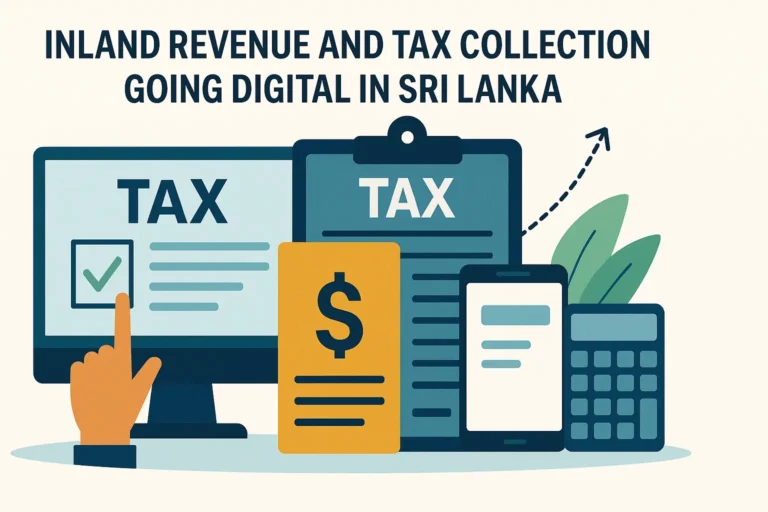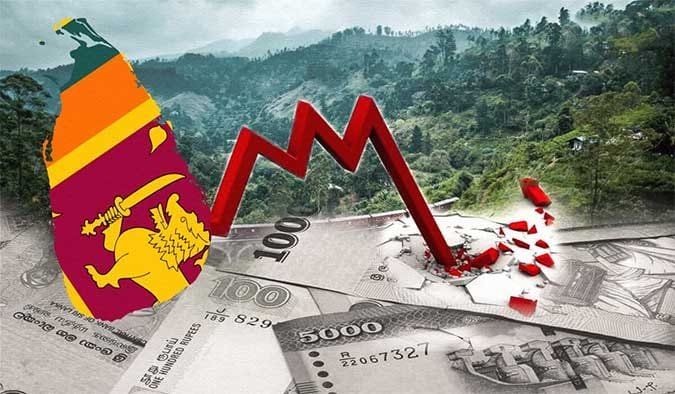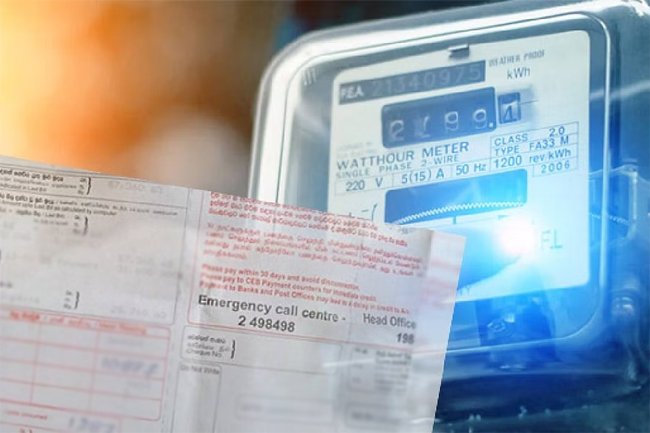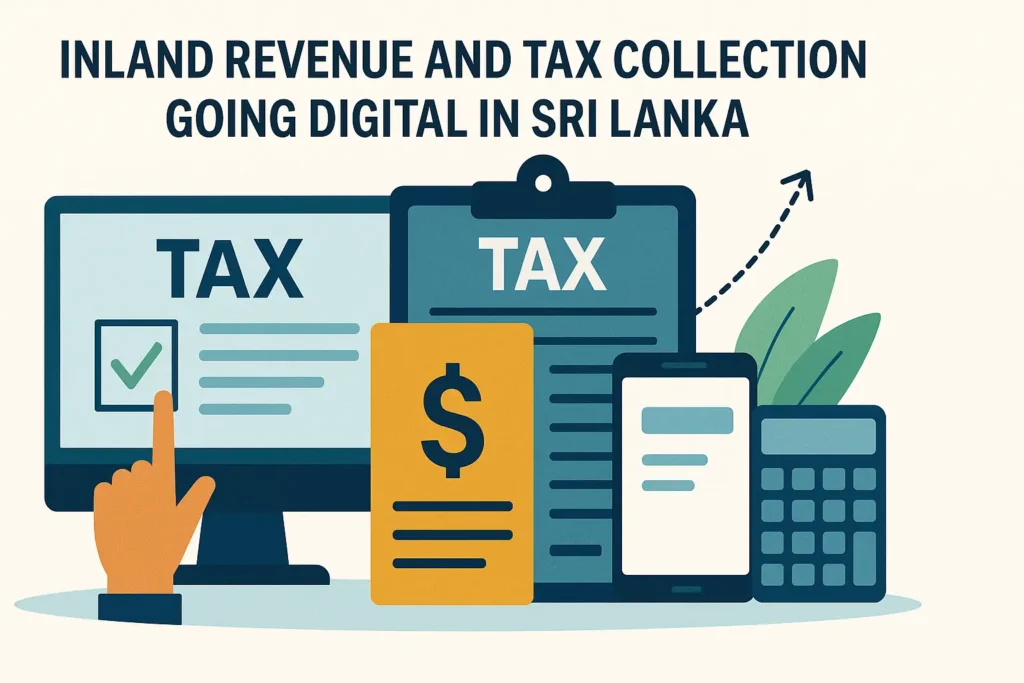In a critical plea for support, the SME Alliance has voiced strong concerns over the lack of effective aid provided to Small and Medium-sized Enterprises (SMEs) amidst ongoing economic turmoil. Highlighting a series of unsuccessful governmental and financial policies, the alliance is urging immediate action to restore the sector’s viability and safeguard over 4.5 million jeopardized job opportunities.
Lack of Relief from Central Bank Policies

Despite the issuance of Central Bank circulars on September 24, 2024, and January 1, 2025, the promised exemptions from the Credit Information Bureau (CRIB) for SMEs have failed to materialize in practical lending practices. Banks have overlooked these directives during loan assessments, leaving the SME sector without the anticipated relief and facing severe financial strains.
Economic Contribution and Current Challenges
Accounting for 52% of Sri Lanka’s Gross Domestic Product (GDP) and providing employment to over 5 million individuals, SMEs play an undeniable role in the nation’s economy. The sector has been hit hard by escalating bank interest rates, which surged to 30-35% following the country’s declaration of bankruptcy in 2022. The alliance argues that without significant reductions in these inflated interest rates, debt restructuring efforts will remain largely ineffective.
Advocacy for Fair Debt Restructuring
The SME Alliance has proposed that a fair debt restructuring process should include the option for SMEs to repay accumulated interests at a reduced rate of around 10%. However, current restructuring talks suggest interest rates would still hover between 15-16%, significantly above the 7% rate offered to regular bank account holders, exacerbating the financial disparity.
Severe Repercussions on Property and Employment
The year 2023 witnessed over 1,400 properties owned by SMEs being seized by banks, as reported through official gazette notifications. This drastic measure has not only led to a loss of employment but also contributed to an increase in personal crises among entrepreneurs, who often risk their sole properties to secure necessary funding.
Legal and Financial Accountability
The alliance has highlighted the ongoing penalties imposed on SMEs for unpaid dues such as the FPF/ETF, income tax, and VAT, with fines doubling the outstanding amounts due to non-compliance. Furthermore, they condemn the previous government’s financial misconduct, which has disproportionately impacted SMEs. The alliance calls for punitive measures against the heads of financial institutions responsible for exacerbating the sector’s plight and insists on compensation for affected businesses.
A Call for Specialized Government Support
In light of these challenges, the SME Alliance is advocating for a dedicated governmental approach to address and rectify the specific needs of SMEs. This includes the introduction of tailored financial relief measures and legal reforms to protect and empower the sector during these precarious times.
Conclusion
The situation for SMEs in Sri Lanka is reaching a critical point. The SME Alliance’s recent statements underscore the urgent need for targeted government intervention to prevent further economic destabilization and support the revival of this vital sector. The government’s response to these calls for action will be pivotal in determining the future landscape of Sri Lanka’s economic backbone—its small and medium-sized enterprises.












